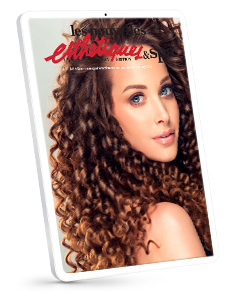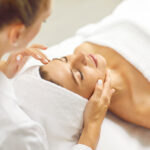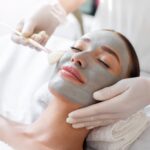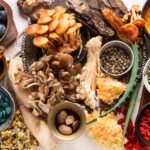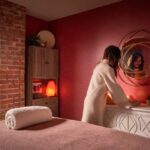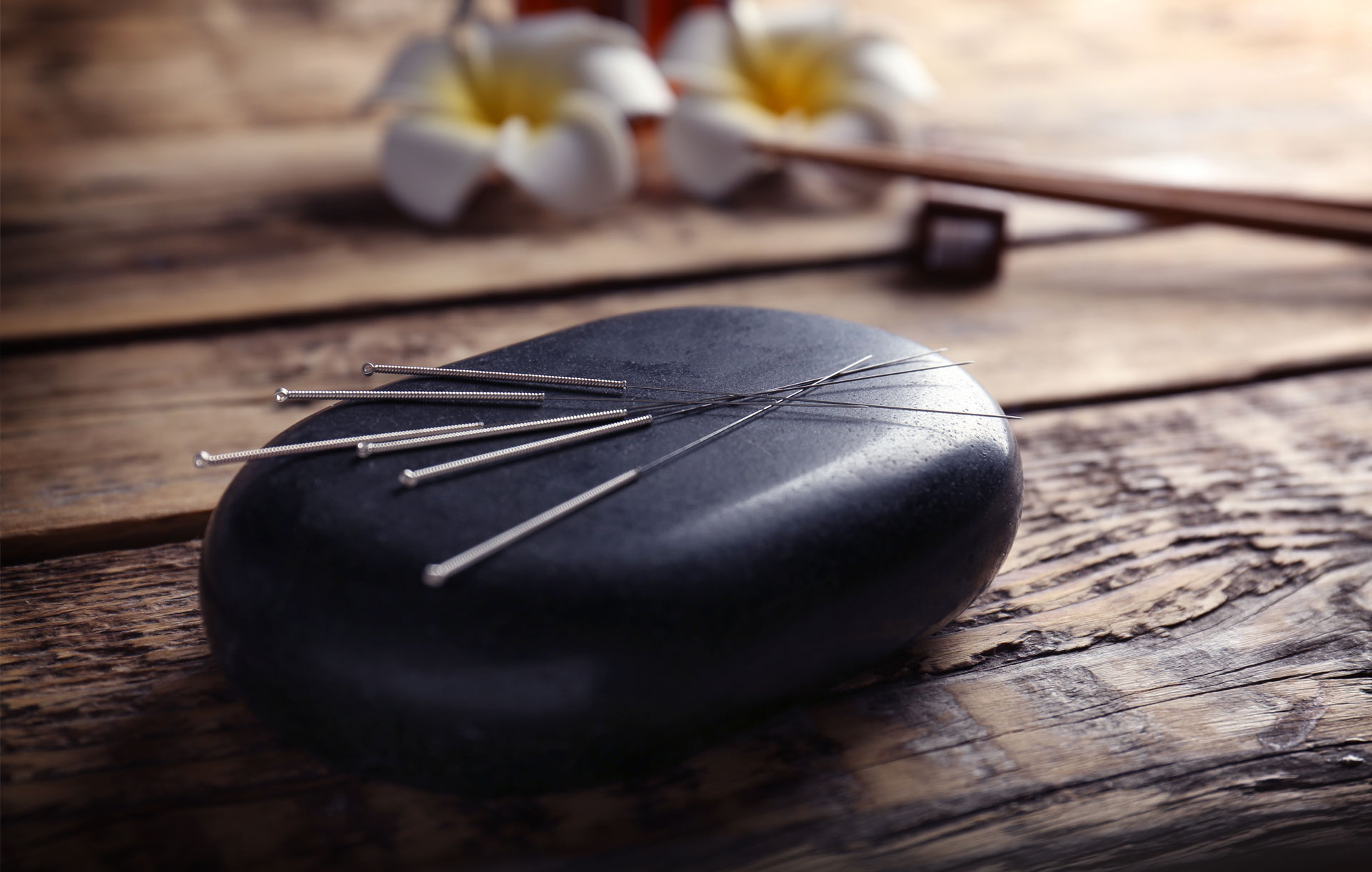
A whole system approach to mental health
Acupuncture is an ancient Chinese medical technique that has been used to relieve pain, cure diseases, and maintain general health. It is a method that is used routinely in China as an anesthetic for surgeries. Rather than separating physical and mental aspects, acupuncture takes on a whole system approach to health and believes that the body and mind are intimately tied together.
In the US, acupuncture is used as a form of complementary and alternative medicine and has become very popular in treating a wide range of conditions, including generalized anxiety disorder and panic attacks. By regulating the nervous system and other parts of the body to a more balanced state, acupuncture can help reduce the symptoms of anxiety and impact how the body triggers the fight or flight response.
IMBALANCES IN THE BODY
When an imbalance causes disease or any physical pain, our Yin and Yang suffer, and our energy is disrupted. Acupuncture is used to balance any obstruction of pathways associated with the 12 meridians, also known as acupoints and energy vessels. These meridians function as a network and can be mapped out throughout the entire body. The twelve primary meridians connect to the Zang-fu organs and transport qi (life energy) and xue (blood) throughout the body. There are 5 Zang and 6 Fu organs. The 5 Zang organs are the heart, lungs, spleen, kidney, and liver. The 6 Fu organs are the stomach, gallbladder, large intestine, small intestine, stomach, and urinary bladder. With all of these organs flowing together, it is easy to control our Qi, blood, and body fluids. By balancing the flow of different organs, we can reduce or eliminate pain and restore our wellbeing.
[ihc-hide-content ihc_mb_type=”show” ihc_mb_who=”2,4,5,6,7″ ihc_mb_template=”3″ ]
HOW DOES ACUPUNCTURE WORK?
Acupuncture consists of inserting small metal needles in the face and the body to control headaches and other illnesses. These needles must be inserted into precise points on the body and have to be 0.1 to 0.4 inches in depth, while some require up to 10 inches. Treatments in acupuncture should be done at least 10 or 12 times to feel and see great results. After several treatments, follow-ups in between 4 to 8 weeks are recommended.
ACUPUNCTURE FOR ANXIETY
Anxiety is one of the most common mental illnesses worldwide, with women twice more likely to suffer from the condition than men. Many people suffer from anxiety, but some are unable to manage it in stressful situations. A person with an anxiety disorder may be overloaded with thoughts of ex cessive worry and fear, and fail to develop ways of coping. Some common symptoms of anxiety include irregular heartbeat, nervousness, restlessness, and feeling tense. The condition may be difficult to treat depending on how high the level of anxiety is for the person. Acupuncture can help alleviate these symptoms, which can have a significant impact on the quality of lives of those who suffer. These includes symptoms of:
- Restlessness.
- Difficulty concentrating.
- Falling asleep.
- Fatigue.
- Nausea.
- Muscle tension.
- Headaches.
- Lack of control.
- Irritability.
How is anxiety treated?
Acupuncture for anxiety can be ad dressed by assessing the spirit, es sence, energy, blood, fluids, organs, and channels. An acupuncturist can identify imbalances by observing a person’s posture, skin tone, brightness of eyes, tongue, pulse, voice, and smell.
In traditional Chinese medicine, treatments for anxiety are unique to each person, as every person has their own composition and imbalances. Therefore, the acupuncturist can adjust and issue the treatment based on the assessment of the patient.
Traditional Chinese medicine treats physical health issues that are connected with a person’s emotional state and each emotion is related to the organs and their functions. Emotions have 7 categories, with each emotion corresponding to a particular organ. Anxiety creates a lot of energy that is also referred to as heat energy. Acupuncture addresses this issue by enabling the energy to move more efficiently, balancing the organ systems and creating homeostasis. The idea of creating balanced energy better equips a person to manage stress and emotions, and helps the person to feel more at peace.
Some of the acupuncture points for anxiety are:
• Governing Vessel 24, which is located on the centerline of your head, about a half inch into the hair line. This point is indicated for anxiety, palpitations, headaches, insomnia and vertigo. This point is calming and is said to quiet the heart and calm the spirit. When there is too much Qi in the upper part of the head, these types of health problems can result. Too much mental work going on can cause or exacerbate the problem, and this point helps to alleviate that.
• Governing Vessel 11, which is located along the spine, about half way down the shoulder blades. If you ever wondered why the area between your shoulders blades gets tight or sore when you are anxious or under stress, now you know why. So, depending where the needles go, acupuncture can cause the system to produce painkilling chemicals, the body’s natural ability to heal itself, or stimulate the part of the brain that controls emotions, including anxiety.
Anxiety can be powerful and resistant both physically and mentally. When it comes to treating the disorder, prevention is better than any cure. Lack of exercise will play a significant role in anxiety. Therefore, adopting healthful ways to relieve stress is important. Through acupuncture, you can grasp a better control of your mind and soul. There is a saying: “Do the basics for your health to create longevity.” Acupuncture seeks to address the body, emotions, mind, and spirit. Its goal is to create harmony within ourselves and between the world. Integrating this practice into your life can help calm your anxiety and allow you to live a more peaceful life.
[/ihc-hide-content]


